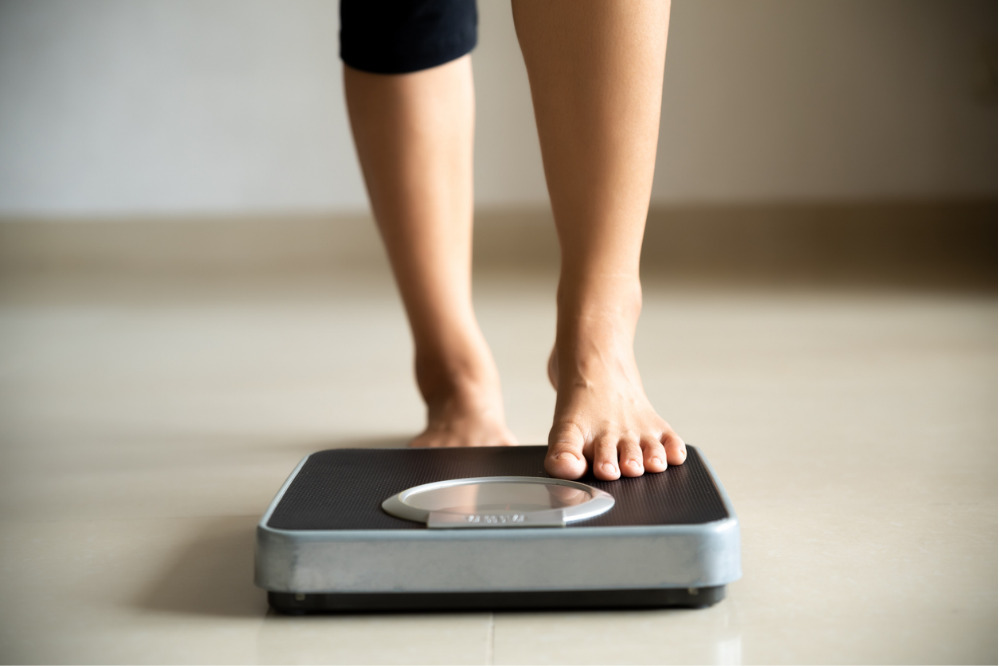
Studies show 70% of adolescent girls have body dissatisfaction, with eating disorders being the 12th leading cause of hospitalisation in Australia’s health care system.
Now experts are warning that ‘fat talk’ by mothers can unwittingly exacerbate their daughter’s body satisfaction and even cause future disordered eating.
Flinders University psychology experts have found the effects of female familial influences by mothers and sisters can exert considerable pressure on young women’s body image – with mothers often more influential and more likely to use fat talk than sisters.
The new study published in Body Image used the Tripartite Influence sociocultural model to survey 422 young Australian women (17-25 years old) to determine the behavioural and emotional effects of appearance pressures and fat talk by mothers and sisters.
“Greater appearance pressures and fat talk from mothers and sisters are associated with higher levels of body dissatisfaction, dieting or eating restriction and bulimic behaviours,” says registered psychologist and lead author Melanie Deek, from Flinders University’s College of Education, Psychology and Social Work.
“Appearance pressures from mothers and sisters can lead to young women becoming more likely to engage in their own appearance comparisons and thin-ideal beliefs.
“Overall, the participants perceived more appearance pressures from their mothers than their sisters, and reported that their mothers exhibited more fat talk then their sisters.”
Previous studies have emphasised the importance of peer pressure and social media on disorderly eating and body image problems, including a recent article on influencers setting the agenda via Instagram.
The research indicates that sibling relationships, in contrast to parent-child relationships, function more closely to peer relationships while parents may wield a strong influence due to a mother’s role in the family and home.
Appearance comparisons is the tendency to compare one’s physical appearance to that of others while ‘internalisation’ is the extent to which an individual ‘buys into’ culturally defined and approved ideals of attractiveness, or the ‘thin ideal’.
“Development of maladaptive body image and problem eating behaviour have many key sociocultural influences,” says body image expert Associate Professor Prichard, who leads the Embrace Impact Lab at Flinders University.
Professor of Psychology Eva Kemps, another coauthor on the study, adds that parents, peers and the media are the main influences on the development of positive or negative body image.
“These findings demonstrate how important mothers and sisters are, highlighting the need to promote positive body image and model a healthy relationship with the body within the home.”
Bridging a widening gap
Mindful of the growing gap between Australia’s education and health care systems, two Melbourne locals have developed an evidence-based program that provides young females, their families and their communities with tools and referral points for all areas of their health and wellbeing.
The Live Life Whole initiative, created by qualified Physiotherapist, Nutrition and Health Coach Megan Dickinson and her team of experts, includes a suite of preventative health education modules and programs to help young women and their families understand more about their physical, mental and emotional health.
“Our project has been designed by experienced health professionals who have worked with many women across the lifespan to support their health outcomes in a 1:1 setting, yet not everyone can get access to 1:1 health care,” Dickinson told The Educator.
“We’ve teamed up with wellbeing educators, learning and curriculum specialists to help us deliver the knowledge those who attend 1:1 appointments get access to in a much more accessible way.”
Dickinson said uniting healthcare and education within a single team helps to get the right messages out there in an engaging way, spreading the knowledge more broadly and providing greater access to preventative health education material in schools Australia wide.
“Rather than engaging multiple different programs for different areas of health, Live Life Whole is designed to include all areas of physical, mental and emotional wellbeing as a one stop shop to educate and improve the health outcomes of our future generation of women.”


